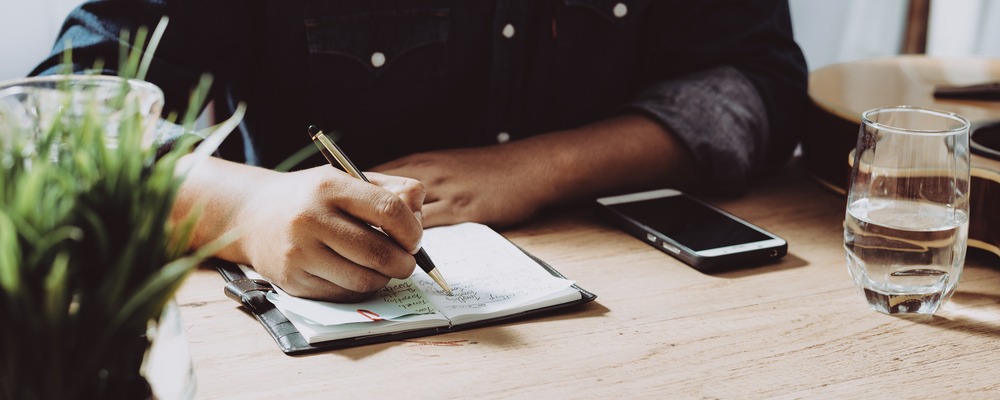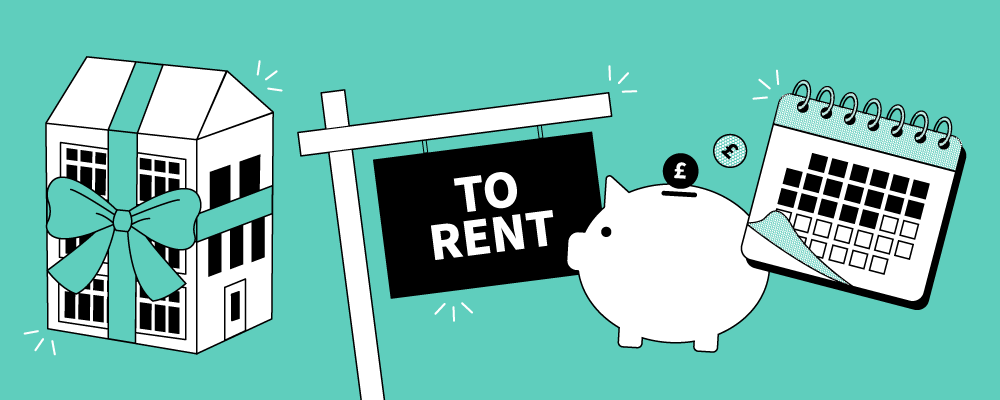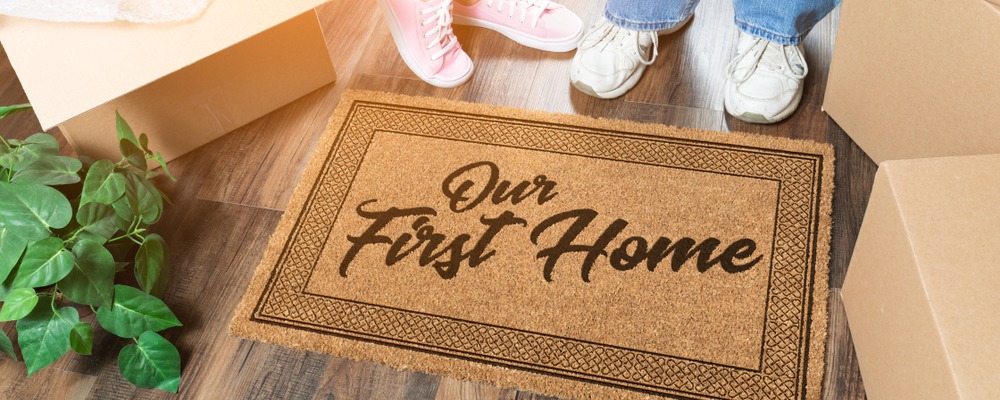
As a first-time buyer, a few things will no doubt be occupying your mind. Chief among them will be your deposit, and how you’re going to get the cash together to get on the property ladder.
Here are nine deposit saving tips to help you buy your first London property.
Look at your current rental situation
If you’re currently renting in London, it’s likely you’ll need to evaluate your situation to make the most of your monthly salary for your savings.
1. Consider moving home
It might not sound like the most appealing of choices but moving back into the family home is a fantastic way to save on rent and put what you would have spent towards your savings.
2. Downsize
If moving home isn’t an option, consider finding a smaller less expensive rental, or potentially a house share. There are plenty of sites such as Spareroom.co.uk or Gumtree.com to give you a helping hand to find somewhere.
Get some assistance with your deposit
There are Government-backed schemes out there that give you a helping hand to get on the property ladder. These can be useful if you can afford the monthly mortgage repayments, but don’t have a huge amount of savings in place.
3. Investigate the London Help to Buy equity loan scheme
Through the London Help to Buy equity loan scheme, you can purchase a new build property in the capital, up to the value of £600,000 with just a 5% deposit. The Government will lend you up to 40% of the purchase price (interest free for the first 5 years), and you only require a mortgage for the rest.
Our Help to Buy mortgage calculator will help you with the all-important calculations and give you a great idea of the potential properties you could purchase through the scheme.
Budget wisely
Once you know the size of the deposit you’ll need, you can really start to save.
4. Work out how much you need to save per month
Look at the value of the property you wish to purchase, the deposit required and when you want to move. This should help give you an idea of how much you’ll need to save monthly and how realistic your savings goals are.
5. Don’t just focus on the deposit
Of course, you need a deposit to purchase a property, but as a first-time buyer you may not be aware of all the costs associated with becoming a home-owner. These include conveyancing fees and stamp duty (for properties over £300,000) – you’ll need to budget for these too.
6. Cut down on unnecessary expenses
Saving can be hard, but there are always small things you can do to cut back on your expenses. These include taking your own lunch to work with you every day, changing energy suppliers to get a better deal, reducing your phone bill, limiting time spent eating out, and ridding yourself of unnecessary shopping trips.
It might not be that fun, but it’ll certainly be worth it in the long run.
7. Stick to your savings goals
Don’t treat yourself for “doing well” with your savings. Once you know how much you need to save every month, always stick to your budget.
8. Boost your savings as soon as you get paid
Set up a direct debit to leave your current account and hit your savings as soon as you get paid. If it doesn’t spend any time in your account, you won’t miss it or spend small chunks of it unnecessarily.
9. Think about the best place to put your savings
Use price comparison sites to find the best savings account tailored to your needs. It’s also worthwhile investigating Help to Buy ISAs. When saving through a Help to Buy ISA, the Government will boost your savings by 25% (this can even be used in conjunction with London Help to Buy).
You can make an initial payment of £1,200, with maximum monthly savings of £200 thereafter. Once you hit the £1,600 mark, you’ll be eligible to claim the Government bonus.
With the right savings strategy, buying your dream property won’t be that far away.


